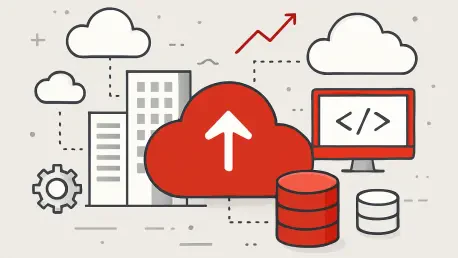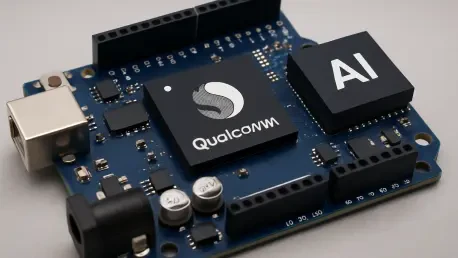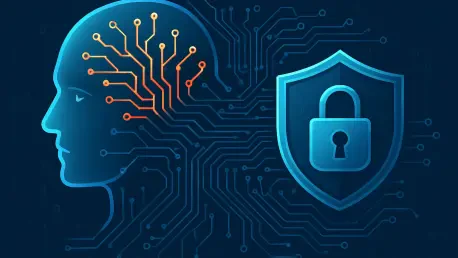
In an era where technology is reshaping every facet of the retail industry, Gap Inc, a leading American apparel retailer, has taken a bold step forward by forging a multi-year partnership with Google Cloud to integrate artificial intelligence (AI) across its operations. This collaboration is not

As the electronics sector navigates through the third quarter of this year, artificial intelligence (AI) stands out as a transformative force poised to redefine industry trajectories with significant impact. A recent earnings preview by Zhejiang Securities paints an optimistic picture, suggesting

What happens when a tech giant like Oracle, known for its robust software empire, stumbles in the high-stakes world of cloud computing with a reported gross margin of just 14% in a key segment, prompting investors to take notice on October 7 as a report revealed this figure for Oracle's graphics

In a groundbreaking development that has sent ripples through the tech industry, Qualcomm, a titan in semiconductor and wireless technology, has acquired Arduino, the Italian company celebrated for its open-source microcontroller boards and a vibrant community of over 33 million users. Announced on

In an era where cyber attacks are not just a possibility but a daily reality, the role of cyber threat intelligence (CTI) has become indispensable for organizations aiming to protect their digital infrastructure. The cybersecurity landscape is more treacherous than ever, with adversaries employing

In an era where technology is reshaping every facet of life, the intersection of artificial intelligence and national security has emerged as a pressing concern for many Americans. With foreign adversaries potentially harnessing AI for malicious purposes, public sentiment reveals a complex blend of